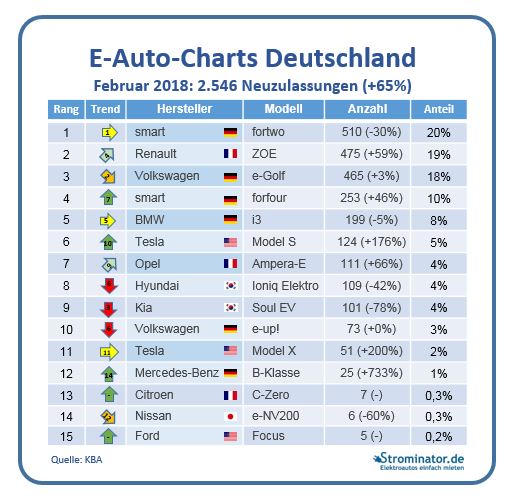Not a lawyers, but the definitions say that should is to be treated like must unless there are special "atypical" situations. Also soll honestly sounds much better in that sentence that muss in that sentence.
Reading that sentence I honestly don't even understand how a fence and gate would help...
Reading that sentence I honestly don't even understand how a fence and gate would help...



